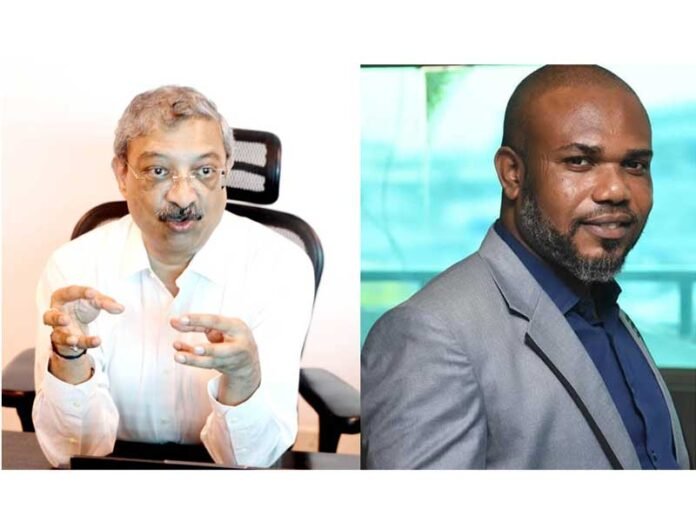The recent acquittal of Green Lotto (Brentwood Service) and its former sales manager, Charles Akhenamen, sparked mixed reactions as Justice A.M. Nicol Clay delivered the verdict after three years of legal battles, declaring Green Lotto not guilty of all criminal charges in a high-stakes lottery fraud case.
The conflict began on January 29, 2021, when businessman Sunday Nwachukwu placed a bet of ₦330,000 on numbers 26 and 65 in Green Lotto’s Bonanza game. When the results came out, he was congratulated by agent Clement Gregory, only to later be told that his ticket was “fraudulent.”
Frustrated, Nwachukwu, a seasoned lottery player, sought to resolve the issue. After being turned away at Green Lotto’s office, he visited multiple police stations and the Lagos State Lottery and Gaming Authority. Green Lotto reportedly offered him ₦20 million to settle, which he declined. The state then pressed criminal charges against the company.
The prosecution’s case relied on three main allegations, Conspiracy to deny Nwachukwu his winnings, Obtaining money under false pretenses and Stealing the prize
However, Justice Clay highlighted weaknesses in the prosecution’s case. There was no evidence placing Akhenamen at the scene when the ticket was canceled, and as a sales manager, he lacked authority over payouts or IT systems. The defense emphasized the company’s fraud-detection software, which had flagged Nwachukwu’s ticket as suspicious.
The judge ruled that suspicion alone was not enough to prove conspiracy. Furthermore, the court found no evidence that Nwachukwu was misled into playing. The terms and conditions allowed Green Lotto to cancel suspicious tickets, and the ₦330,000 stake had been refunded, undermining the theft allegation.
The case also shed light on Nigeria’s fragmented regulatory framework. The Lagos State Lottery and Gaming Authority, which licensed Green Lotto, admitted it couldn’t resolve the dispute. Police referred the issue to national regulators, who also failed to act decisively.
The acquittal prompted divided responses. The company’s compliance officer described the situation as “a civil matter that has ended up in Criminal Court.” Conversely, Nwachukwu felt compelled to report to the police after being denied his winnings.
While Nwachukwu’s civil case continues, the lack of a criminal precedent may diminish his chances. As this chapter closes in the Lagos High Court, one question remains: in Nigeria’s lottery landscape, who truly holds the winning ticket—the players or the house? For now, it seems the house has the upper hand.
































